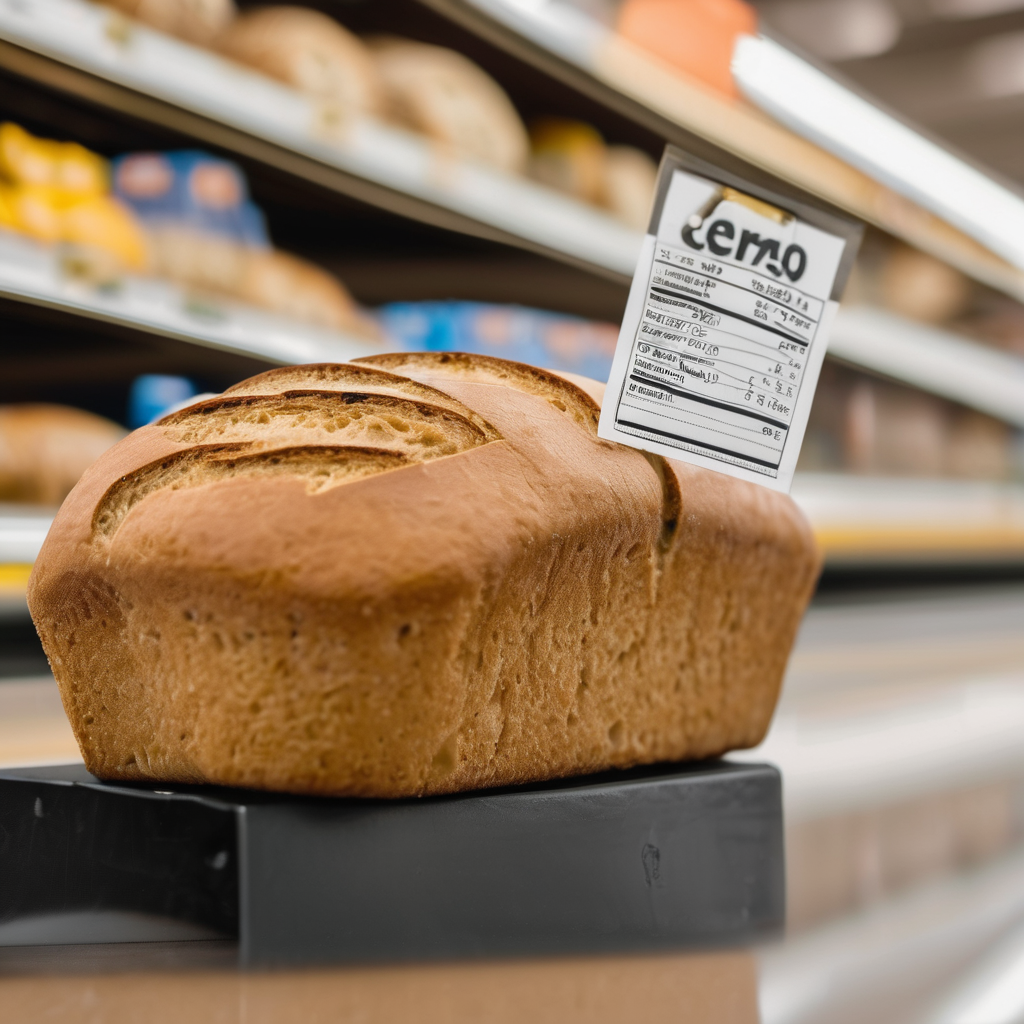In a recent “60 Minutes” interview, former President Donald Trump made statements regarding the economy that are raising eyebrows, specifically claiming, “We have no inflation,” and asserting that grocery prices are down, both of which contradict the financial realities many Americans are facing. This echoes a political blunder from President Joe Biden’s administration, where dismissing economic challenges contributed to Democratic losses in the White House.
While inflation is not at the crisis levels seen during Biden’s presidency, it has returned, with rates rising in September to levels not witnessed since January. Additionally, the Bureau of Labor Statistics reports that grocery prices have increased by 1.4% since Trump’s presidency began, countering his claims.
A recent CNN poll reveals a troubling sentiment among the public, with 72% of Americans rating the economy as poor and 47% identifying the cost of living as the paramount issue facing the nation. This skepticism echoes Biden’s own challenges in addressing economic concerns during his term. For instance, in June 2022, as Americans grappled with surging gas prices and crippling inflation, Biden’s assertion of a “fastest growing economy” was met with disbelief, leading many to feel disconnected from the economic narrative being portrayed by policymakers.
Trump’s approach is markedly different from Biden’s. While Biden would often acknowledge the issue of rising costs while attributing them to external factors like corporate greed, Trump’s strategy appears to involve outright denial and redirecting blame towards Biden himself. This dismissal could backfire, as polls suggest that many Americans believe Trump’s policies have negatively impacted the economy, with 61% indicating so.
Evidence of consumer behavior change is substantial. Major brands like Chipotle and Coke reported that middle and lower-income consumers are tightening their budgets amid rising prices, further illustrating the tangible impact of inflation. The economic climate remains tense, with loan defaults increasing and hiring struggles adding to the population’s worry.
The cumulative effect of inflation over the years cannot be overlooked; typical households are now spending an average of $208 more each month than they did just a year ago, according to Moody’s Analytics. This rise in expenses is significant, as households now need to allocate an additional $1,043 per month compared to early 2021 to maintain their previous purchasing levels.
Federal Reserve Chair Jerome Powell highlighted that while politicians may focus on positive economic indicators, such as GDP growth, the general populace is primarily concerned with their immediate financial realities and the lingering pain from previous inflationary periods.
As political campaigns ramp up, lessons from past mistakes loom large. Political strategist David Plouffe noted that the Democratic Party’s failure lay in dismissing the real experiences of voters. He emphasized that acknowledging the issues at hand is crucial, a sentiment Trump would do well to consider. As we continue toward the elections in Virginia, New Jersey, and New York City, the response from voters will likely shed light on how effectively political leaders recognize and address the economic challenges Americans truly face.
